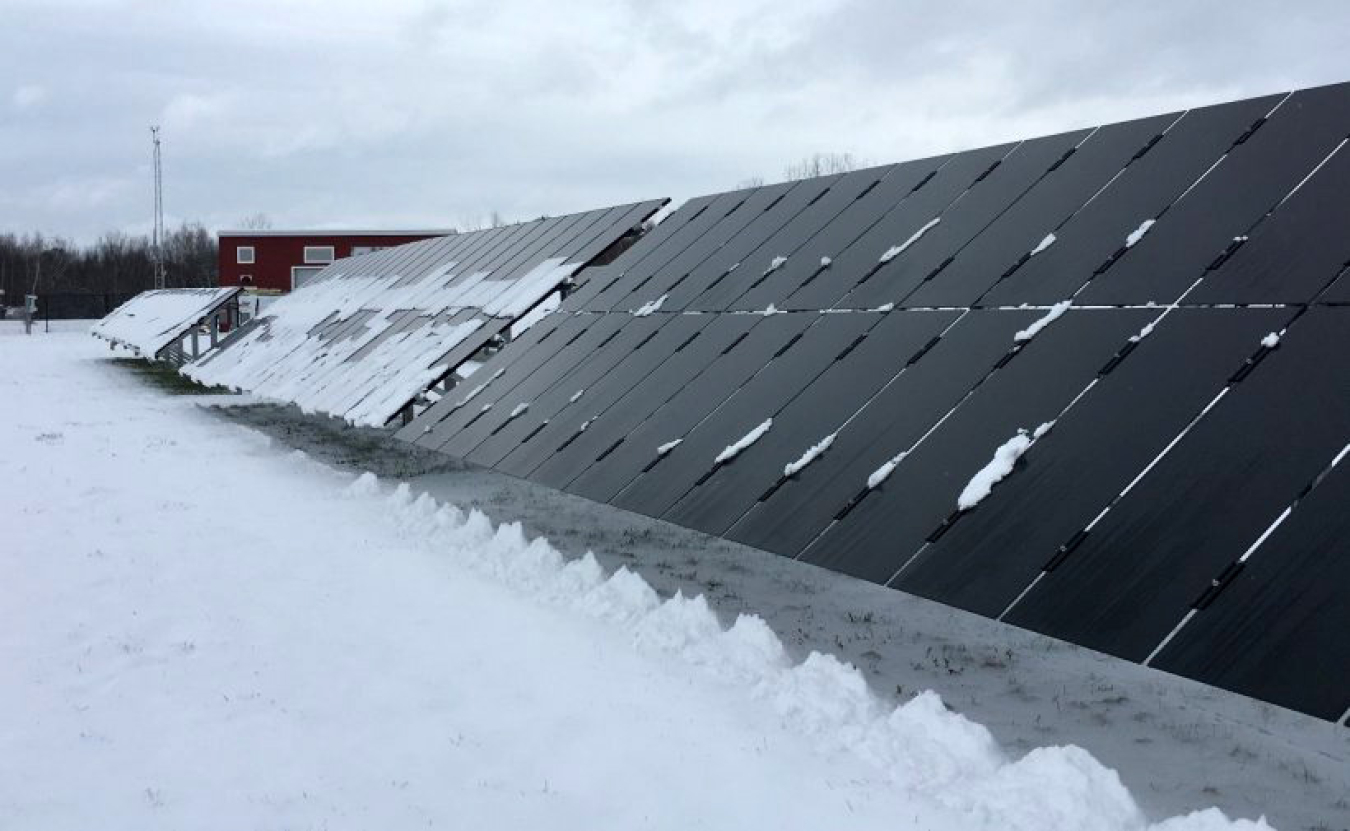
Introduction:
As winter sets in, ensuring the optimal performance of your solar panels becomes essential. In this guide, we explore the best practices for winter solar panel care to maximize energy production and maintain the efficiency of your solar energy system.
Regular Cleaning and Inspection:
Winter brings its fair share of precipitation, and snow, ice, and debris can accumulate on solar panels. Regular cleaning and inspection are crucial. Gently remove snow using a soft brush or a snow rake designed for solar panels. Inspect for any dirt, leaves, or debris that might hinder sunlight absorption.
Position Panels for Maximum Sun Exposure:
With the sun taking a lower trajectory in winter, it’s essential to optimize the angle and positioning of your solar panels. Ensure they are tilted at an angle that captures the most sunlight during the shorter days. Keeping the panels free of obstructions ensures maximum exposure to available sunlight.
Invest in Snow Removal Tools:
In regions with heavy snowfall, investing in snow removal tools specifically designed for solar panels is a wise choice. These tools are gentle on the panels while effectively clearing away accumulated snow. Prompt snow removal ensures your solar panels continue to generate electricity even during snowy conditions.
Monitor and Clear Ice Buildup:
Ice accumulation can occur during winter storms, posing a challenge for solar panels. Monitoring for ice buildup and gently removing it is crucial. Be cautious not to use sharp objects that could damage the panels. Gentle tapping or using warm water can help melt and remove ice without causing harm.
Use Anti-Reflective Coatings:
Consider applying anti-reflective coatings on your solar panels. These coatings minimize the reflection of sunlight off the snow-covered ground onto the panels. By reducing glare and increasing light absorption, anti-reflective coatings enhance the efficiency of solar panels during winter months.
Check for Damage and Wear:
Winter weather can be harsh, and it’s important to check for any damage or wear on your solar panels. Inspect the frames, connections, and wiring for signs of wear or damage caused by freezing temperatures. Addressing any issues promptly ensures the longevity and performance of your solar energy system.
Battery Maintenance in Cold Temperatures:
If your solar energy system includes batteries, take extra care in maintaining them during winter. Cold temperatures can affect battery performance. Ensure that batteries are insulated and stored in an area where they won’t be exposed to extreme cold. Regularly check and maintain proper battery voltage levels.
Consult with Professionals for System Checkups:
Consider scheduling regular checkups with solar energy professionals, especially before winter sets in. Professionals can conduct a comprehensive inspection of your solar panels, identify potential issues, and ensure that your system is winter-ready. This proactive approach can prevent performance issues and prolong the life of your solar energy system.
Educate Yourself on Winter Solar Panel Care:
Being informed about winter solar panel care is empowering. Stay updated on best practices and guidelines for winter maintenance. Many solar panel manufacturers provide specific recommendations for winter care in their user manuals. Educate yourself on these guidelines to enhance the effectiveness of your winter maintenance efforts.
Conclusion:
Caring for your solar panels during winter is a proactive measure that pays off in sustained energy production and system longevity. By following these best practices, you can navigate the winter months with confidence, ensuring that your solar energy system continues to harness the power of the sun even in colder climates.
For an in-depth guide on Winter Solar Panel Care Best Practices, visit Winter Solar Panel Care Best Practices. This resource hub offers additional tips, tools, and expert insights to support your efforts in maintaining optimal solar panel performance during winter.
